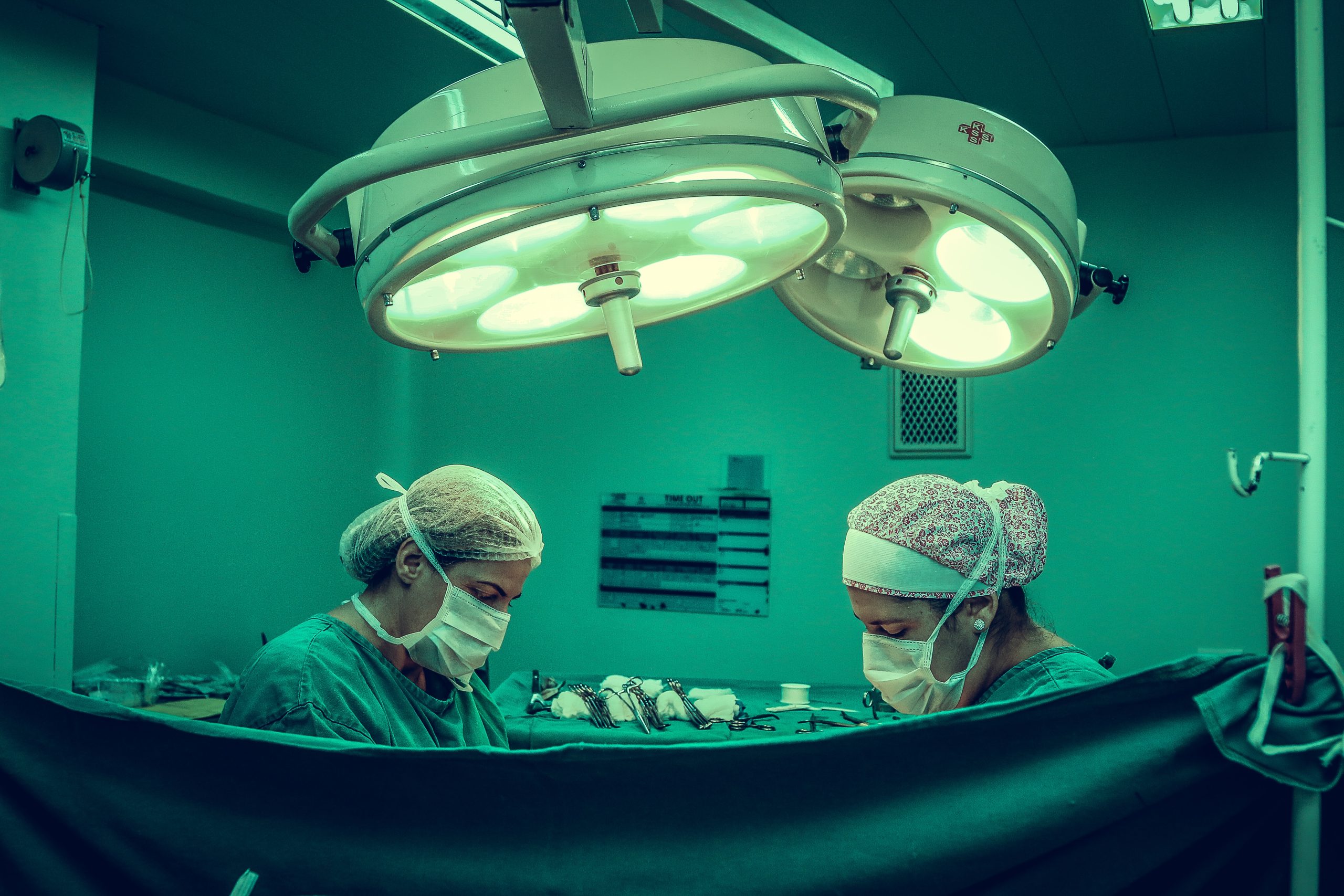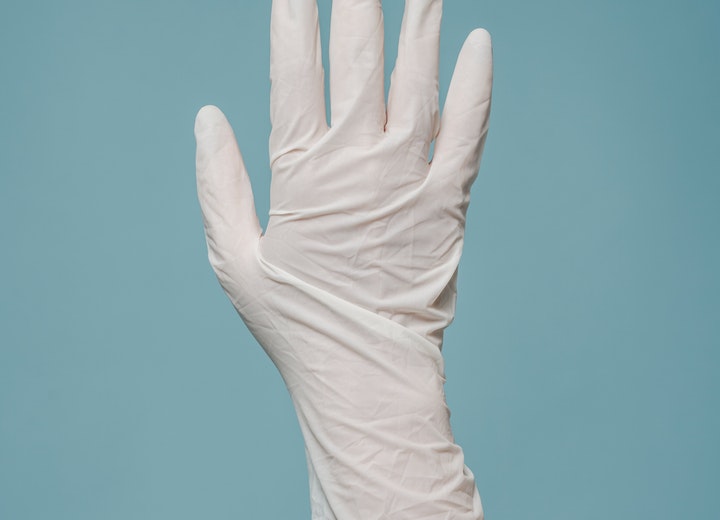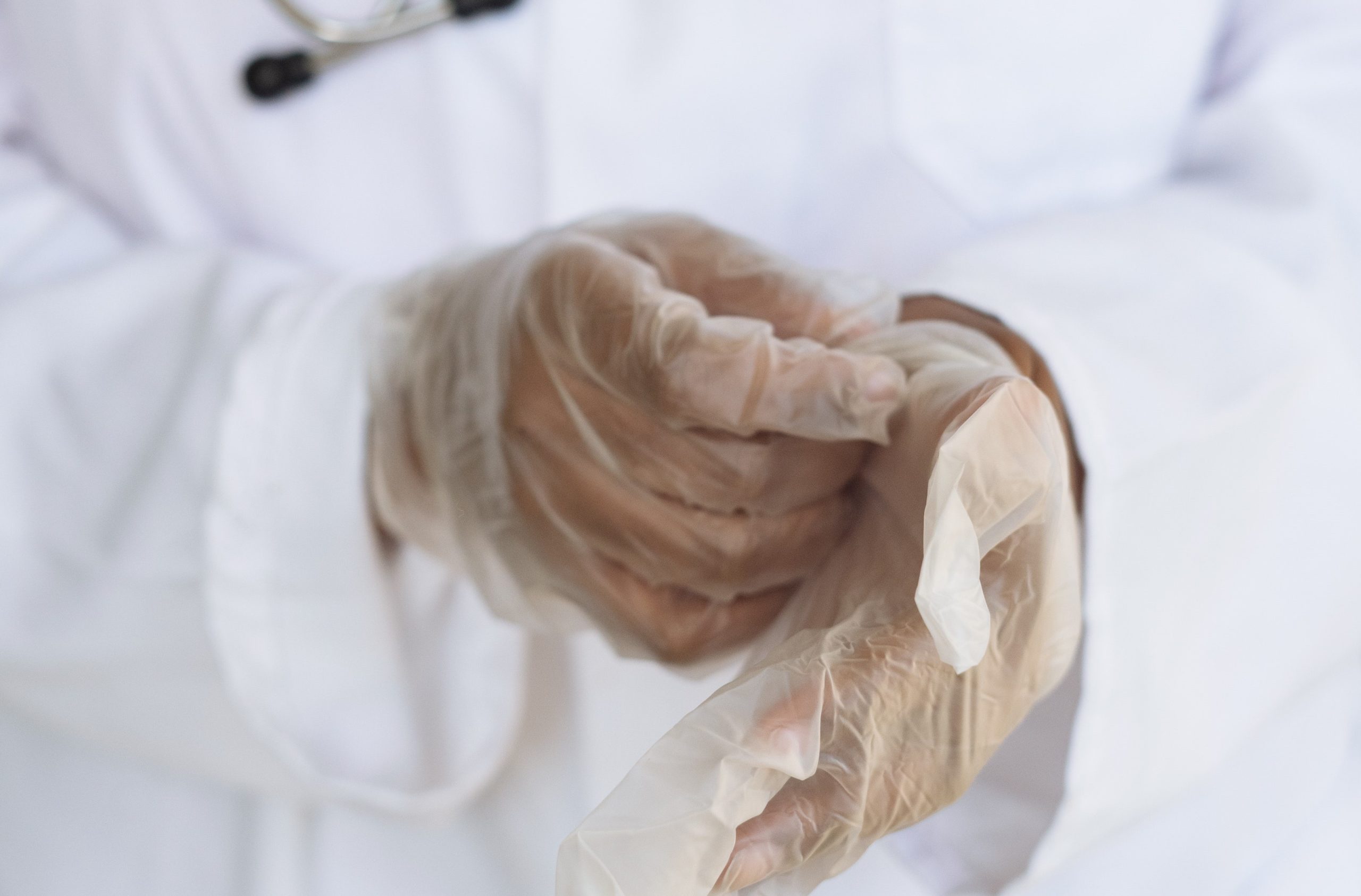An appointment with a proctologist may not be a priority for you until you feel rectal pain or your general physician refers you to one. But what is a proctologist and when should you see one?
As we age we’ll be presented with issues that we’ve never dealt with before. Things like sore joints, thinning hair and even allergies might come to mind, but we were not prepared for something like seeing a proctologist for a rectal exam.
- What is a Proctologist?
- What diseases does a proctologist treat?
- When should you see a proctologist?
- 1. Rectal bleeding that’s not from hemorrhoids.
- 2. Persistent anal itching
- 3. Lump or mass in your anus or rectum.
- 4. Fecal incontinence or loss of bowel control
- 5. A change in your bowel habits, such as diarrhea or constipation, lasting for more than a few weeks
- 6. Anal or rectal pain during or after a bowel movement
- 7. A family history of colon cancer or other diseases of the anus or rectum
- What happens during a proctologist examination?
- What happens in a colonoscopy?
- Schedule an appointment at the earliest signs of discomfort
What is a Proctologist?
Proctologists are doctors who specialize in the diagnosis and treatment of problems with the anus, rectum and colon. Common proctology services include hemorrhoid surgery, anal fissure surgery, and colorectal cancer screening.
Aside from providing relief for patients who suffer from painful conditions like hemorrhoids and anal fissures, they also conduct colorectal cancer screening and other diagnostic procedures.
Colorectal cancer is the third most common type of cancer in the United States and is often diagnosed in patients over the age of 50.
However, colorectal cancer can be prevented through regular screenings, which can detect precancerous polyps before they turn into cancer. Proctologists can perform these screenings and offer other preventive measures, such as lifestyle changes and medication, to help reduce the risk of colorectal cancer.
What diseases does a proctologist treat?

- Hemorrhoids. Hemorrhoids are swollen blood vessels in the rectum or anus. They can be painful and can sometimes bleed.
- Cancers that involve the colon, rectum, and anus. Proctologists treat cancers that originate in these areas.
- Anal fissures. Anal fissures are small tears in the skin of the anus. They can be painful and may bleed.
- Anal fistulas. Anal fistulas are small tunnels that connect the anus to the skin around it. They can be painful and may leak drainage.
- Rectal prolapse. Rectal prolapse is when the rectum protrudes through the anus. This can be painful and may cause bleeding.
- Colorectal cancer. Colorectal cancer is a type of cancer that starts in the colon or rectum. It can be deadly if not detected early.
- Anus discharge from an STD or a sexually transmitted disease.
- A change in bowel movement habits. A change in bowel size could be an issue and will need to be diagnosed by a proctologist.
- Irritable bowel syndrome. A disorder that involves the large intestine. Signs include bloating, cramping, and abdominal pain.
Proctologists are specially trained to diagnose and treat these conditions. They may perform a variety of tests, such as a digital rectal exam, colonoscopy, or sigmoidoscopy. They may also treat hemorrhoids with procedures such as rubber band ligation or surgery.
When should you see a proctologist?

1. Rectal bleeding that’s not from hemorrhoids.
If you experience rectal bleeding, it is important to see a proctologist as soon as possible. Although the bleeding may be caused by a number of different things, including hemorrhoids or anal fissures, it may also be a symptom of a more serious condition such as colorectal cancer.
If you have rectal bleeding, your proctologist will first want to determine the underlying cause.
This may involve a physical examination, anal manometry (the proctologist will measure the pressure within various parts of your gastrointestinal tract), flexible sigmoidoscopy, or colonoscopy.
Once the cause of your rectal bleeding has been determined, your proctologist will develop a treatment plan that is tailored to your individual needs.
Treating the underlying cause of your rectal bleeding is important not only for relieving your symptoms but also for preventing serious complications. If you have rectal bleeding, don’t delay in making an appointment with a proctologist.
2. Persistent anal itching
There are a number of reasons why you may be experiencing persistent anal itching. It could be caused by something as simple as hygiene issues or it could be a sign of a more serious problem. Either way, it’s important to see a proctologist if you’re experiencing this issue so that the cause can be properly diagnosed and treated.
One common cause of anal itching is hemorrhoids. When the blood vessels in the anal area are swollen, it can cause itching, pain, and bleeding. If you have hemorrhoids, your proctologist can prescribe medication or suggest other treatments to help relieve your symptoms.
Anal itching can also be caused by skin conditions like eczema or psoriasis. If you have either of these conditions, your proctologist can prescribe medication or suggest other treatments to help relieve your symptoms.
In rare cases, anal itching can be a sign of more serious problems like anal cancer or diseases of the immune system. If you have persistent anal itching that doesn’t improve with home treatment, make an appointment to see your proctologist so that you can rule out any serious underlying causes.
3. Lump or mass in your anus or rectum.
There are a number of reasons why you should see a proctologist if you have a lump or mass in your anus or rectum. First and foremost, it is important to get any kind of lump or mass checked out by a medical professional to rule out any potentially serious underlying causes. Additionally, proctologists are specially trained in the anatomy and physiology of the anus and rectum, which makes them uniquely qualified to evaluate and treat problems in this area.
If you have a lump or mass in your anus or rectum, don’t hesitate to make an appointment with a proctologist. They will be able to properly evaluate your condition and recommend the best course of treatment.
4. Fecal incontinence or loss of bowel control
When you see a proctologist due to fecal incontinence, you can determine the underlying cause of your condition.
There are many potential causes of fecal incontinence, ranging from dietary issues to neurological problems. A proctologist will be able to help you identify the cause of your condition and recommend the best course of treatment.
A proctologist may also provide you with treatments to help reduce or eliminate incontinence. There are a number of different treatments available, ranging from lifestyle changes to medication. A proctologist will be able to work with you to find the best treatment option for your individual needs.
Finally, a proctologist can offer you support and advice on how to cope with your condition. Fecal incontinence can be a difficult condition to deal with, both emotionally and physically. A proctologist can provide you with the resources and support you need to help make dealing with your condition easier.
If you are suffering from fecal incontinence, it is important to see a proctologist. They can help to determine the cause of your condition and recommend the best course of treatment. With their help, you can find ways to reduce or eliminate your incontinence and live a normal, healthy life.
5. A change in your bowel habits, such as diarrhea or constipation, lasting for more than a few weeks
There are several treatments available for constipation, and a proctologist can help you find the best treatment for your particular case. If constipation is not treated, it can lead to more serious problems, such as hemorrhoids or anal fissures.
If you are experiencing constipation, don’t wait to see a proctologist. The sooner you get treatment, the better.
6. Anal or rectal pain during or after a bowel movement
Rectal pain is common as people age. This can occur during or after a bowel movement, and it’s important to see a proctologist in order to determine the underlying cause.
Potential causes include anal fissures, hemorrhoids, and proctitis.
Anal fissures are small tears in the lining of the anus and hemorrhoids are swollen blood vessels in the anal region, but proctitis is inflammation of the rectum, which can have a number of different causes from STDs and gonorrhea to radiation therapy (radiation proctitis) or a simple antibiotic intake.
Treatment for rectal pain will vary depending on the underlying cause, so it is important to see a proctologist for an accurate diagnosis.
7. A family history of colon cancer or other diseases of the anus or rectum
If you have a family history of colon cancer or other diseases of the anus, it’s important to see a proctologist. A proctologist can help you prevent these diseases or catch them early. Early detection is key to preventing serious health problems. So if you’re at risk, make an appointment with a proctologist today.
What happens during a proctologist examination?
The proctologist’s examination of a patient generally begins with a visual inspection of the anal region.
This procedure could be done with the use of a mirror or other medical instrument. The proctologist will also feel the area for any abnormal growths or masses.
Next, the doctor will insert a gloved, lubricated finger into the rectum to feel for any irregularities. This is called a digital rectal exam (DRE).
After the DRE, the doctor may use other instruments to get a closer look at the rectum and anus. These instruments may include an anoscope, sigmoidoscopy, or proctoscope.
An anoscope is a short, tube-like instrument that is inserted a few inches into the rectum. A sigmoidoscopy is similar to an anoscope, but it is longer and can be used to examine the lower part of the large intestine.
A proctoscope is a long, tube-like instrument that is inserted all the way into the rectum so that the doctor can get a good view of the entire rectum and anus.
If the doctor finds anything abnormal, they may take a biopsy, or sample of tissue, for further testing. Biopsies are usually done with a thin, flexible tube called a colonoscope.
After the examination, the doctor will discuss their findings with you and develop a treatment plan. Treatment will vary depending on what is causing your symptoms, but it may include medication, lifestyle changes, or surgery.
If you are experiencing any problems with your anus, rectum, or colon, don’t be embarrassed to see a proctologist. These doctors are specially trained to deal with these types of problems, and they can help you feel better.
What happens in a colonoscopy?
A colonoscopy is a medical procedure in which a doctor inserts a long, flexible tube into the rectum and colon to examine the inside of the large intestine. The tube has a small camera at its tip, which allows the doctor to see any abnormal growths or blockages in the intestine.
The procedure is usually performed as a preventive measure for colon cancer, as it can help to detect any precancerous growths or early stages of the disease.
It can also be used to diagnose other conditions of the large intestine, such as inflammatory bowel disease (IBD) or diverticulitis.
Generally, colonoscopies are safe, but there are a few potential risks and side effects associated with the procedure. These include bleeding, infection, and perforation of the intestine.
The best way to prepare for a colonoscopy is to follow your doctor’s instructions carefully. This usually involves eating a special diet and taking laxatives or enemas to clean out the colon. The colon should be empty and clean before the procedure, as this will help to ensure that the doctor gets a clear view.
During the procedure, you will be given sedatives to help you relax. You may also be given pain medication if necessary. The entire procedure usually takes about 30 minutes to an hour.
After the procedure, you will be monitored for a short period of time in case you experience any side effects from the sedatives. You will then be able to go home and resume your normal activities. It is important to drink plenty of fluids and eat a soft diet for the first day or two after the procedure.
You should contact your doctor if you experience any symptoms such as bleeding, pain, or fever in the days following your colonoscopy. These could be signs of a complication.
Overall, colonoscopies are safe and effective procedures that can help to detect various problems in the large intestine. They are generally well tolerated by patients and have a relatively low risk of complications.
Schedule an appointment at the earliest signs of discomfort
Meeting with a proctologist is a normal activity for everyone. You shouldn’t wait for the pain to occur to visit your proctologist. You can live a healthier lifestyle and prevent cancer as well as other diseases by scheduling an annual check-up with them.
Many people are embarrassed to see a proctologist, but there is no need to be. Proctologists are trained to deal with all sorts of problems in these sensitive areas, and they can help you feel better.
To find a proctologist, you can ask for a referral from your physician. If your condition is complicated or requires a treatment solely performed by a proctologist, your doctor will refer you to one.




